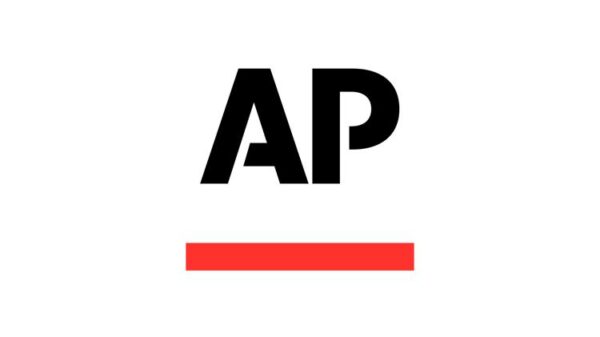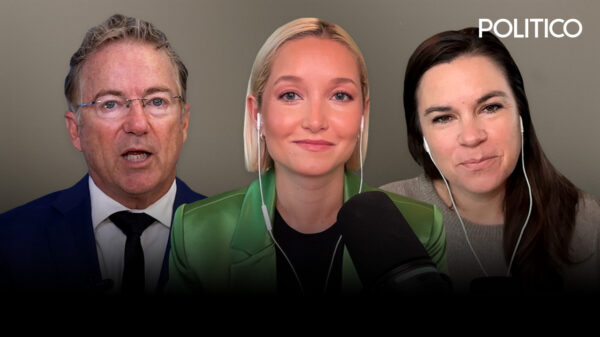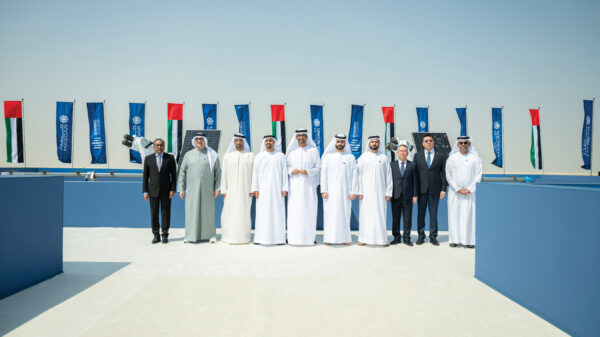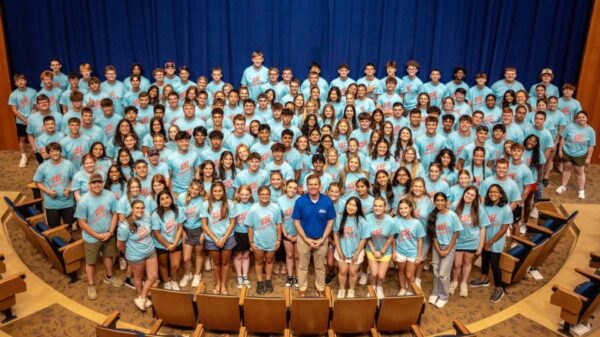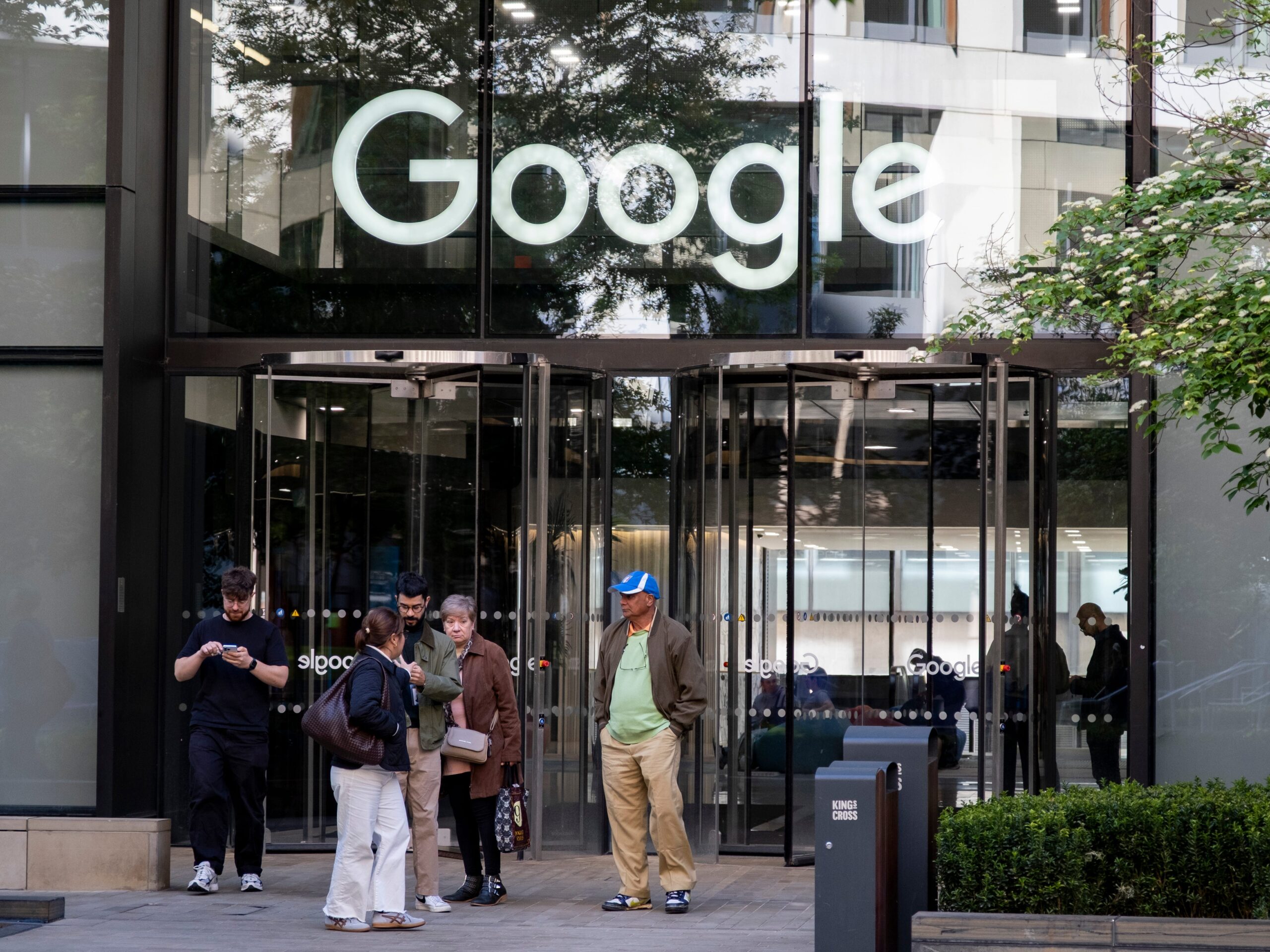UPDATE: Mira Lane, founder of Google’s Envisioning Studio, is leading a call for individuals with non-technical backgrounds to seize opportunities in tech innovation. In a striking announcement, Lane emphasizes that now is the time for those in fields such as philosophy and art to transition into technology roles.
Lane, who serves as Google’s Vice President of Tech and Society, highlights the value of diverse perspectives in AI development. “You need to be really confident and great in the space you’re in,” Lane stated, urging aspiring tech professionals to gain expertise in their current fields before making the leap.
For those contemplating a shift, Lane insists it’s essential to engage with technology. “You must have an opinion or point of view on tech,” she explained. This perspective can only be formed through hands-on experience. Lane, a visual artist herself, warns that without this engagement, individuals may find themselves intimidated by technology.
Notably, Lane’s team includes a mix of professions—from documentary filmmakers to researchers—illustrating that varied experiences can lead to innovative solutions in tech. She notes, “Not only are they bringing this other discipline, style of thinking, but they’ve played with the technology.” This blend of creativity and technical understanding proves invaluable for companies like Google.
DEVELOPING: Lane’s insights come as the tech industry faces an explosion of AI tools, making now an ideal time to experiment. “The barrier to entry is so low at this time that it’s really easy just to get into the tech world,” she stated. With numerous free resources available, potential candidates have unprecedented opportunities to explore and create.
Others at Google have successfully transitioned from non-traditional backgrounds. For instance, Steven Johnson, the Editorial Director of NotebookLM, began his career as an author before delving into AI and tech. His journey reflects the potential for individuals from diverse fields to thrive in the tech landscape.
Lane encourages those with a growth mindset, emphasizing that adaptability is crucial in an ever-evolving domain. “People who deal well with ambiguity and change do really, really well,” she noted, suggesting that embracing new technologies is key to success.
As Google continues to innovate, Lane believes there should be more roles for non-traditional candidates across the tech sector. “There’s definitely a chance for these types of people to be in the tech world,” she asserted, reinforcing the need for diverse voices in shaping future technologies.
The message is clear: non-technical candidates are not just welcome; they are essential in driving tech innovation forward. As more individuals consider this path, the landscape of technology is set to become richer and more inclusive.
WHAT’S NEXT: As the tech world rapidly evolves, aspiring professionals are encouraged to explore their interests and engage with technology. Lane’s call to action serves as a pivotal reminder that the future of tech innovation is open to all, regardless of their educational background.
For more insights on how to navigate this evolving landscape, stay tuned to developments from tech leaders like Mira Lane.








